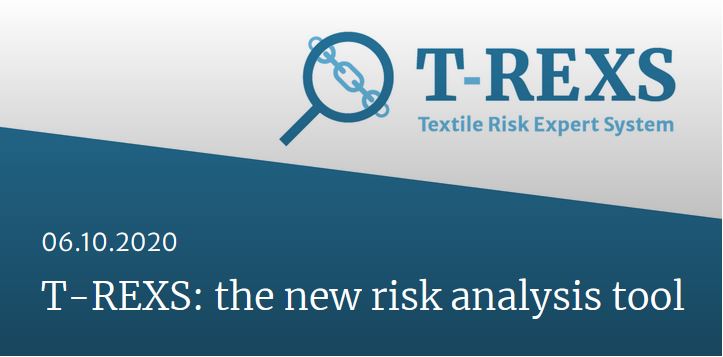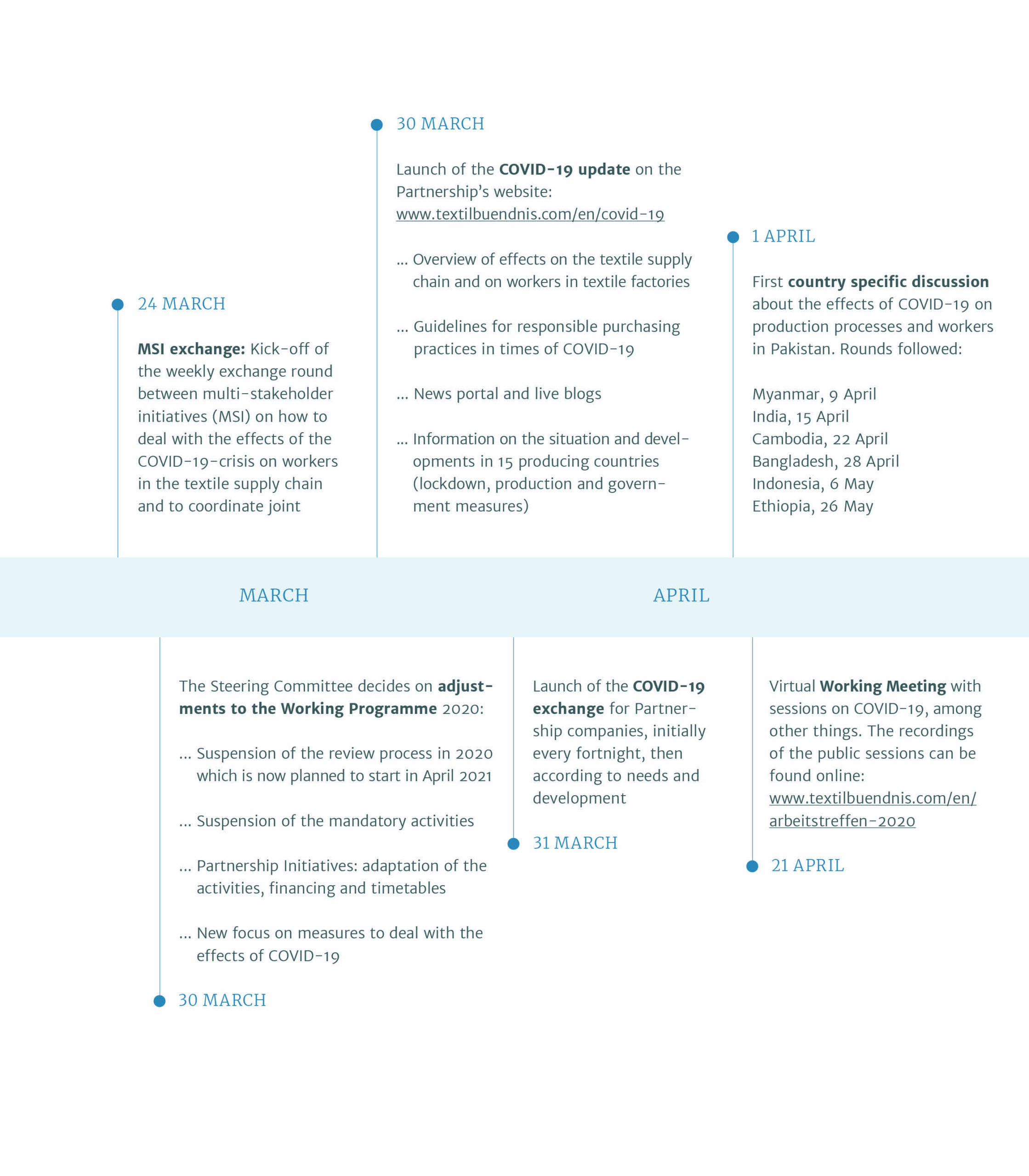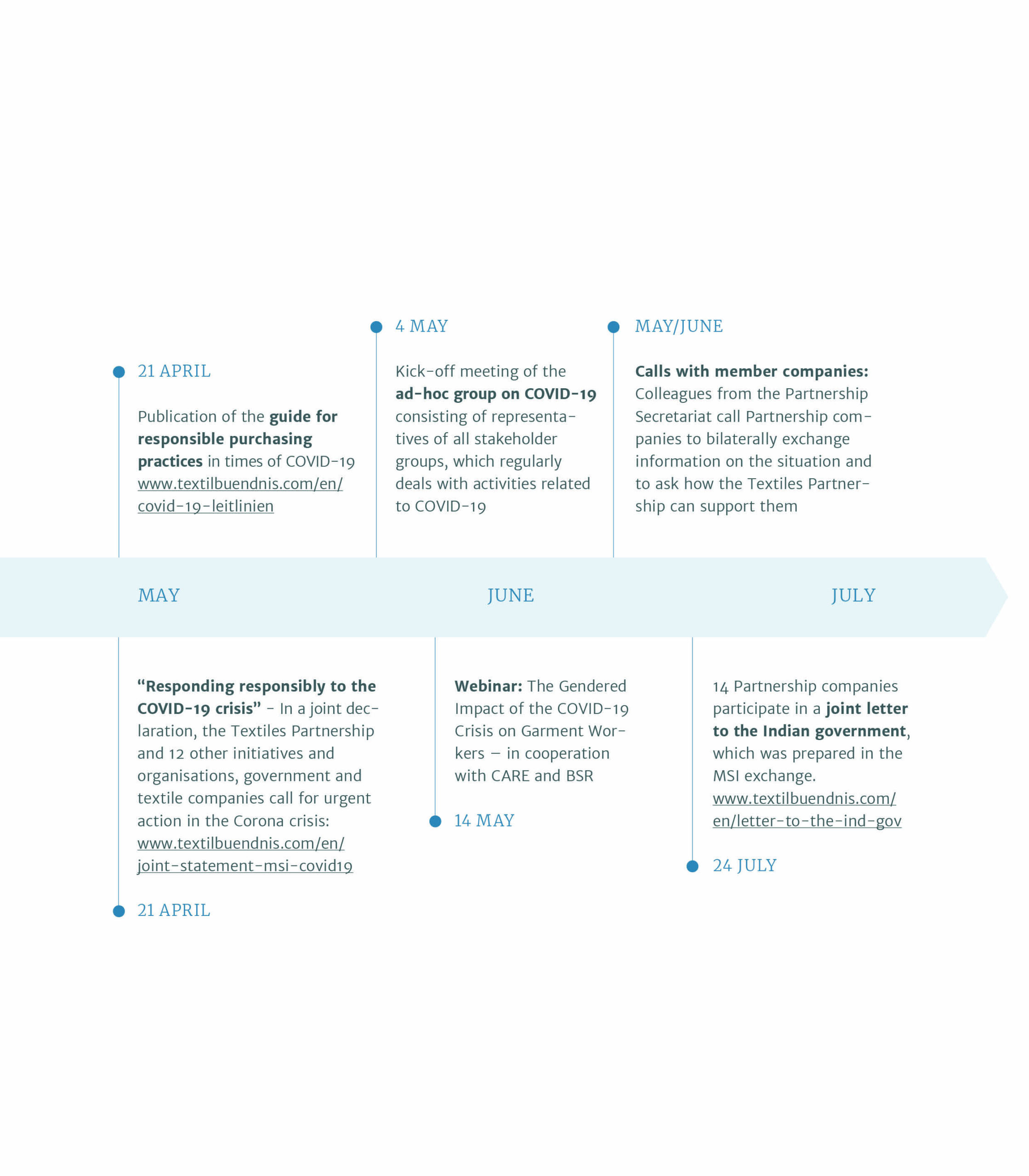Chapter 4.3
Mutual Support
Learning and Dialogue
The Partnership for Sustainable Textiles sees itself as a platform for sharing knowledge, learning and dialogue. Information and experience are processed and shared with all members via webinars and workshops, work in expert and project groups and by means of tools and support material.
The Textiles Partnership pursues a holistic approach and covers a wide range of themes. Working groups devote themselves to individual topics such as supply chain transparency, purchasing practices, chemical safety, or natural and synthetic fibres.
Four New Expert Groups
Expert groups aim to address individual topics across all three fields of work of the Textiles Partnership: individual responsibility, collective engagement and mutual support. Beyond this, they also strive to set up strategic cooperations on specific topics with relevant partners and organisations. Four new expert groups were launched in 2020, on climate action, circular economy, gender-based violence and chemical safety.
News
Expert group on circular economy
Around 35 Partnership members participate in the new expert group. They want to identify and develop best practices and guidelines on recyclable processes and products along the entire textile value chain.
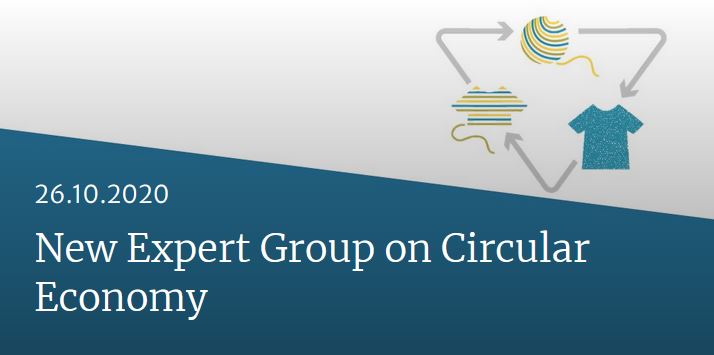

News
Expert group on climate action
On October 1st, the new expert group (EG) on climate action was launched. It aims to develop best practices for minimising climate risks in all parts of the supply chain.
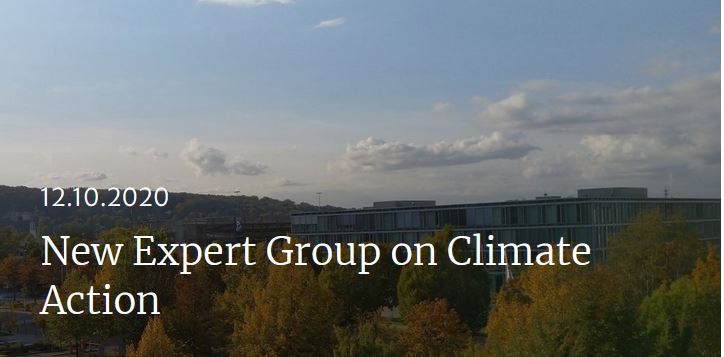

Coping with the crisis together
During the COVID-19 crisis, the Partnership for Sustainable Textiles strove to provide its members with the best possible support, by means of numerous information and exchange formats, guidelines, a comprehensive range of information on the website and joint activities with other organisations.
COVID-19 Update
In its COVID-19 update on its website, the Textiles Partnership has given its members sector-specific information, amongst other things about impacts on textile supply chains, guiding principles for responsible purchasing practices and specific information on 15 producing countries.
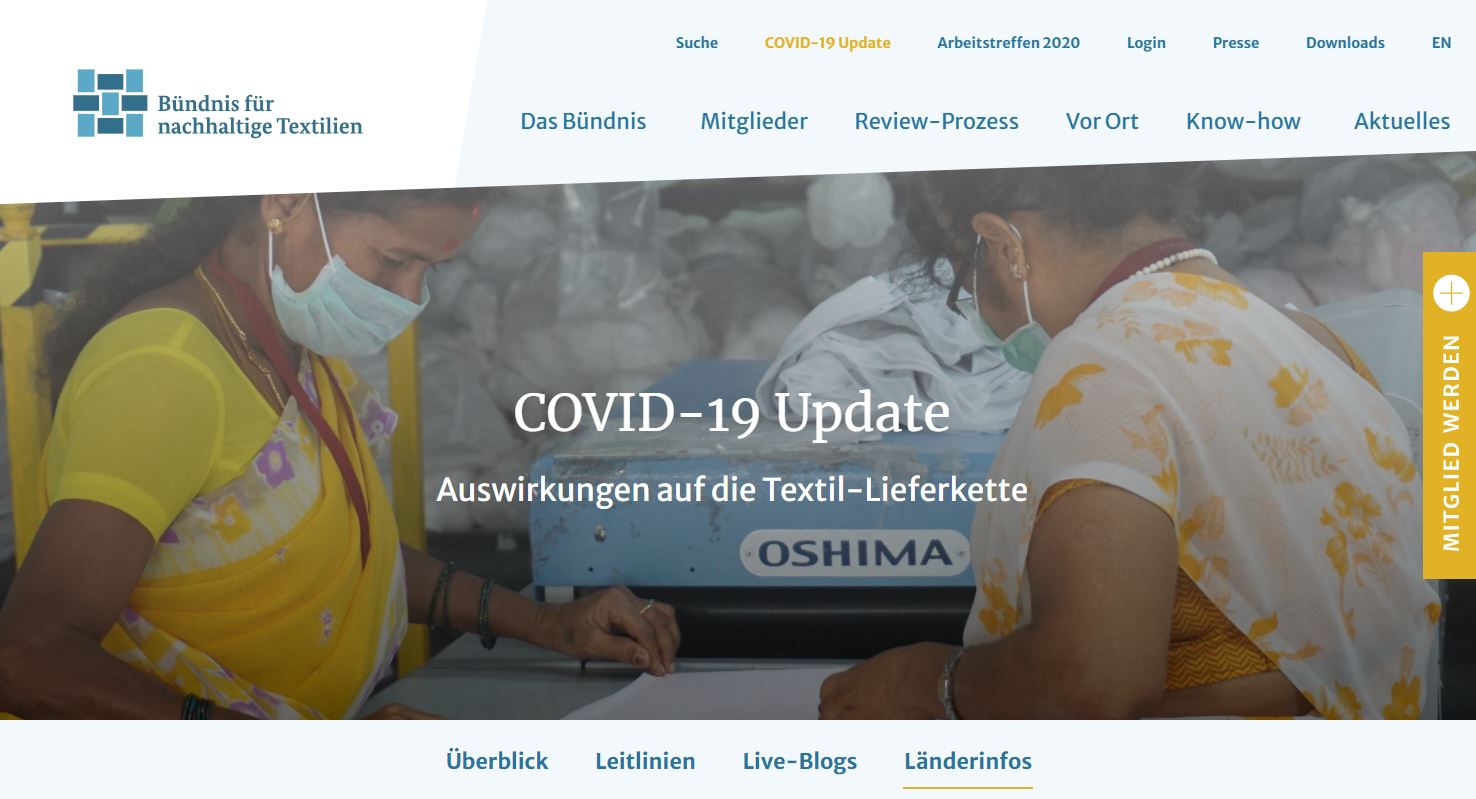

Events
Wide range of topics reflected in events
Besides the various support activities related to COVID-19, a large number of mainly virtual events took place. The range of topics addressed by the Partnership was also reflected in the demand for and participation in learning and dialogue formats. These concerned supply chain management and relations with partners in the supply network, the implementation of due diligence obligations in each company and at political level, risk analysis, living wages and purchasing practices, circular economy, climate action and environmental topics.
Top 10 Events by number of participants
Working Meetings & Members’ Meeting
With the Zoom meetings, video calls and network meetings, virtual events characterised the year of the pandemic like never before. The two main annual events of the Partnership for Sustainable Textiles – the Working Meeting and the Members’ Meeting – also took place online in 2020. Despite the lack of personal meetings or small-talk during coffee breaks, the online events nevertheless offered an opportunity to exchange ideas and information and to carry out substantive work on the topics addressed by the Textiles Partnership. The virtual formats also have the advantage that more people can participate, irrespective of their location. Thus, experts from Bangladesh, Switzerland, the Netherlands and Hong Kong took part in the panel discussion, which was live-streamed to the participants’ (home) offices.
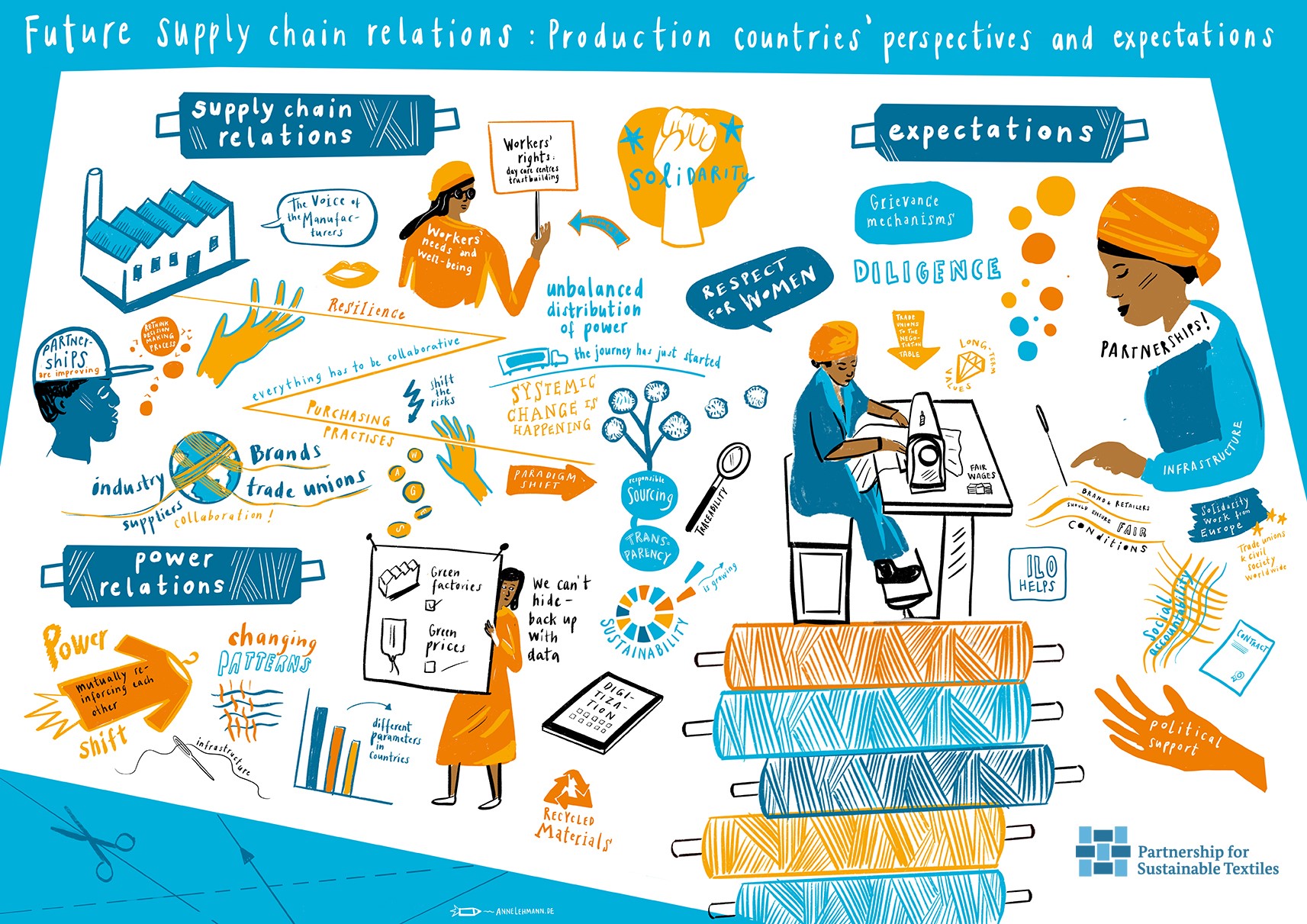
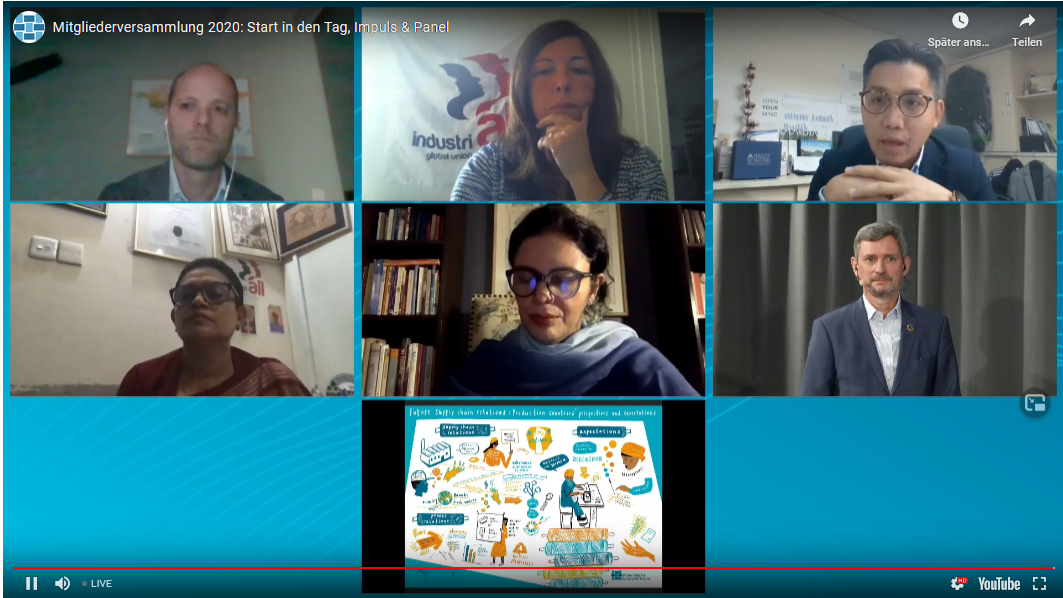
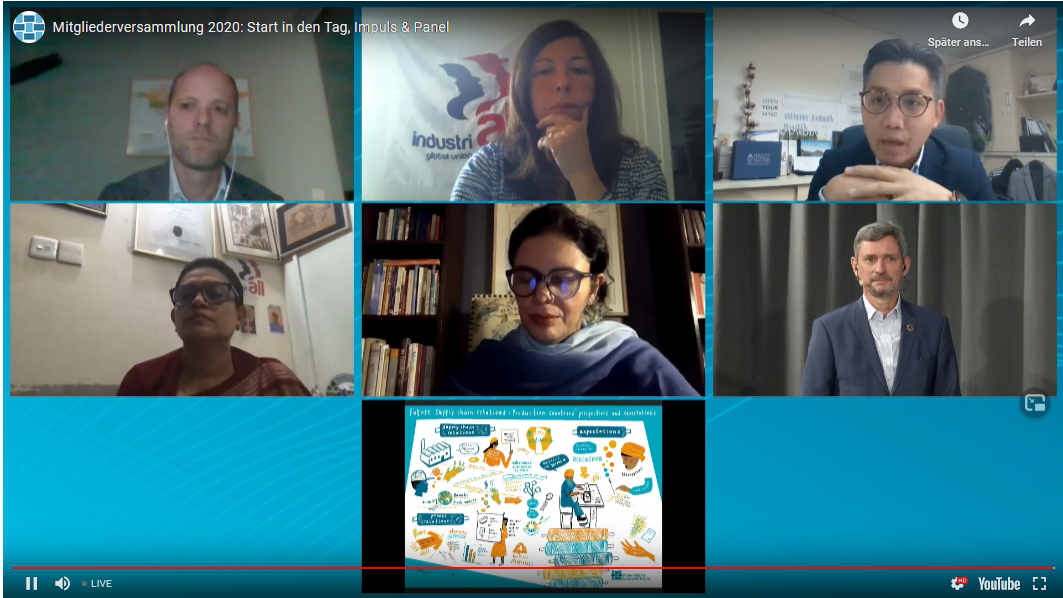
News
Review: Working meetings
Informing, playing a part, exchanging views: All this was offered at this year’s virtual Working Meeting. The recordings of the webinars and the market booths are still available.


News
Review: 6th Members’ Meeting
“On track” was the topic of the 6th Members’ Meeting of the Textiles Partnership on November, 24 and 25. In his welcoming address, Jürgen Janssen, head of the Partnership secretariat, emphasised that the course towards due diligence and sustainability is accurate, important and forward-looking.
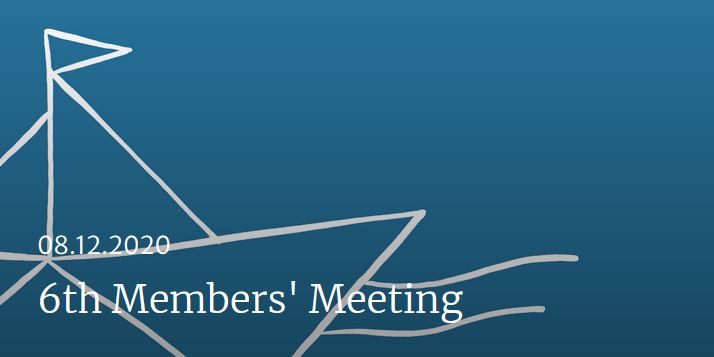

News
Panel Discussion Future Supply Chain Relations
What will the supply chain relationships of the future look like? And what perspectives and expectations do the players in the production countries have? These were the questions that our panel discussion dealt with.
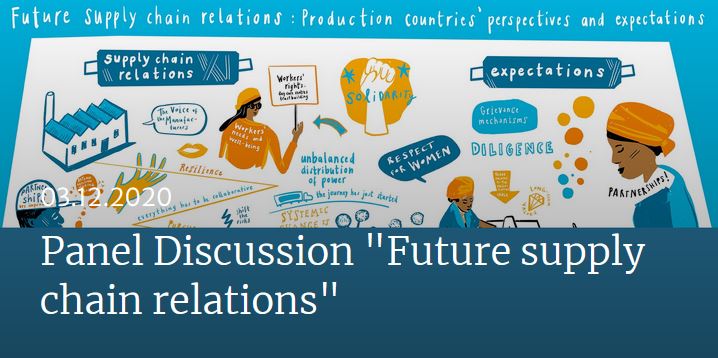

New Guidelines and Resources
The guideline on risk analysis help to identify and then prioritise the social, environmental and corruption risks in company’s supply chain. As well as meeting basic requirements for corporate due diligence processes, the risk analysis also forms the basis of the Review Process in the PST. The new Partnership tool, Textile Risk Expert System (T-REXS for short), offers support in this context.
The guidelines on supply chain transparency explain how supply chains can gradually be made more transparent. They provide the necessary information needed to map supply chains and the involved stakeholders beyond direct business partners. They also offer guidance on how greater transparency can be created for external stakeholders and what opportunities exist for disclosing supply chain data.
In 2020, the Fashion Industry Charter for Climate Action of the United Nations Framework Convention on Climate Change (UNFCCC) published the Playbook for Climate Action for the textile and garment sector. The Charter aims to achieve net zero emissions throughout the sector by 2050 at the latest. The Textiles Partnership is one of the Charter’s supporting organisations. The German translation of the Playbook for Climate Action is now available.
Guideline
Identifying and prioritising risks
The guidance shows how you can first identify and then prioritise the social, environmental and compliance risks in your company’s supply chain. In addition to meeting basic requirements for due diligence processes, the risk analysis is the basis for the PST Review Process.
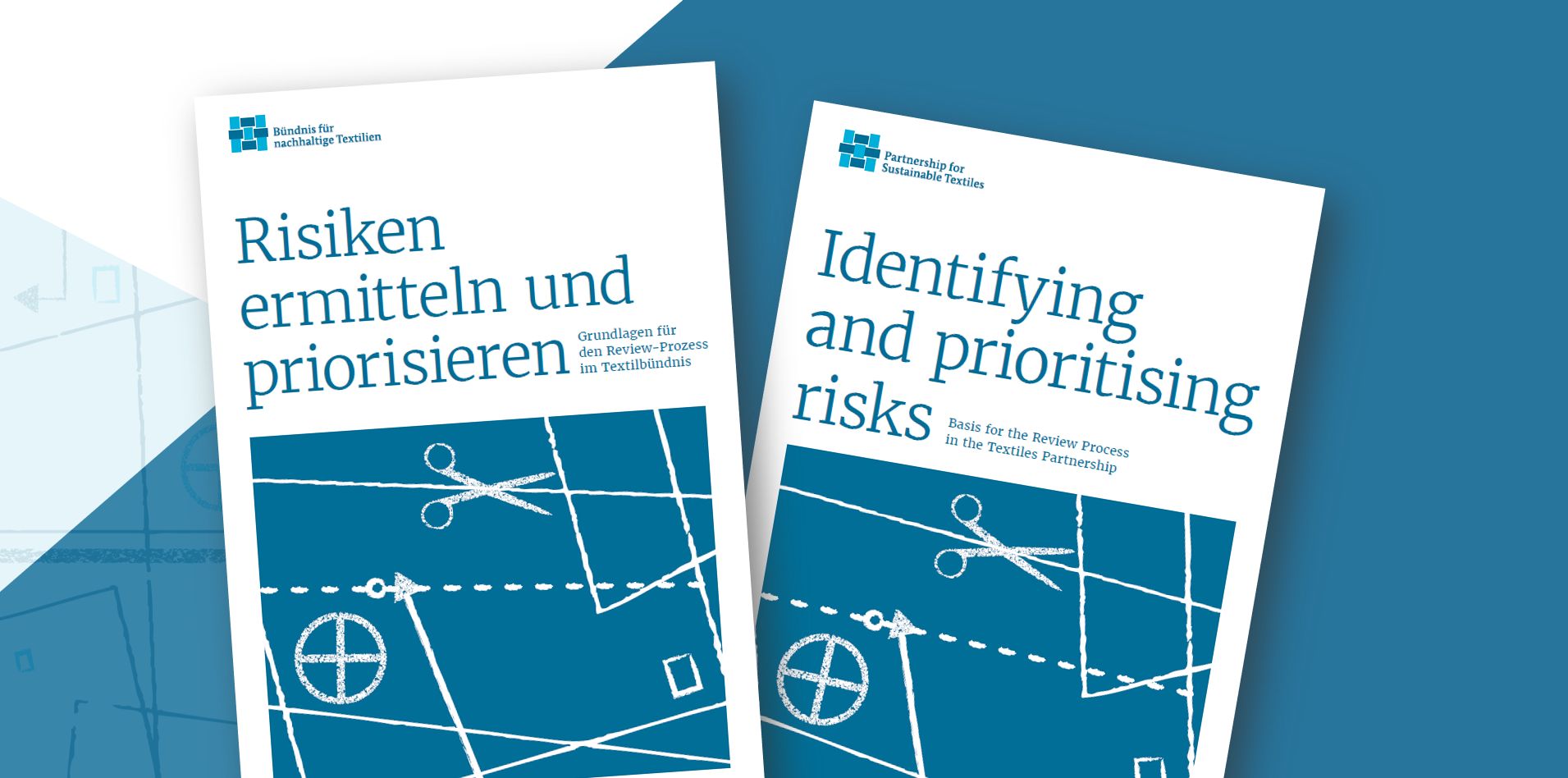

Guideline
Step-by-Step Guide to Transparency in the Supply Chain
The Textiles Partnership has now published a new guide that supports brands in gradually achieving more transparency in their supply chain. It provides them with the necessary information to be able to map the supply chain and the stakeholders involved.
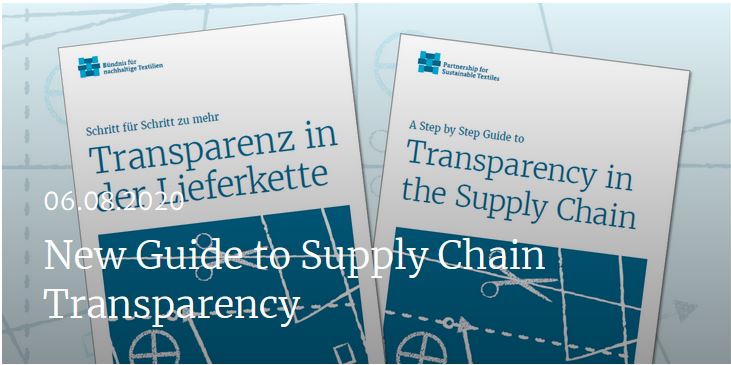

News
Textile Risk Expert System – T-REXS
The Textiles Partnership presents its new tool, which guides companies step by step through the risk analysis.
